In the movie, four college grads get together for one last hangout before going their separate ways.
COLLIDER: This is your first film, first festival, first everything for you guys.
What was it actually like the night before the premiere?
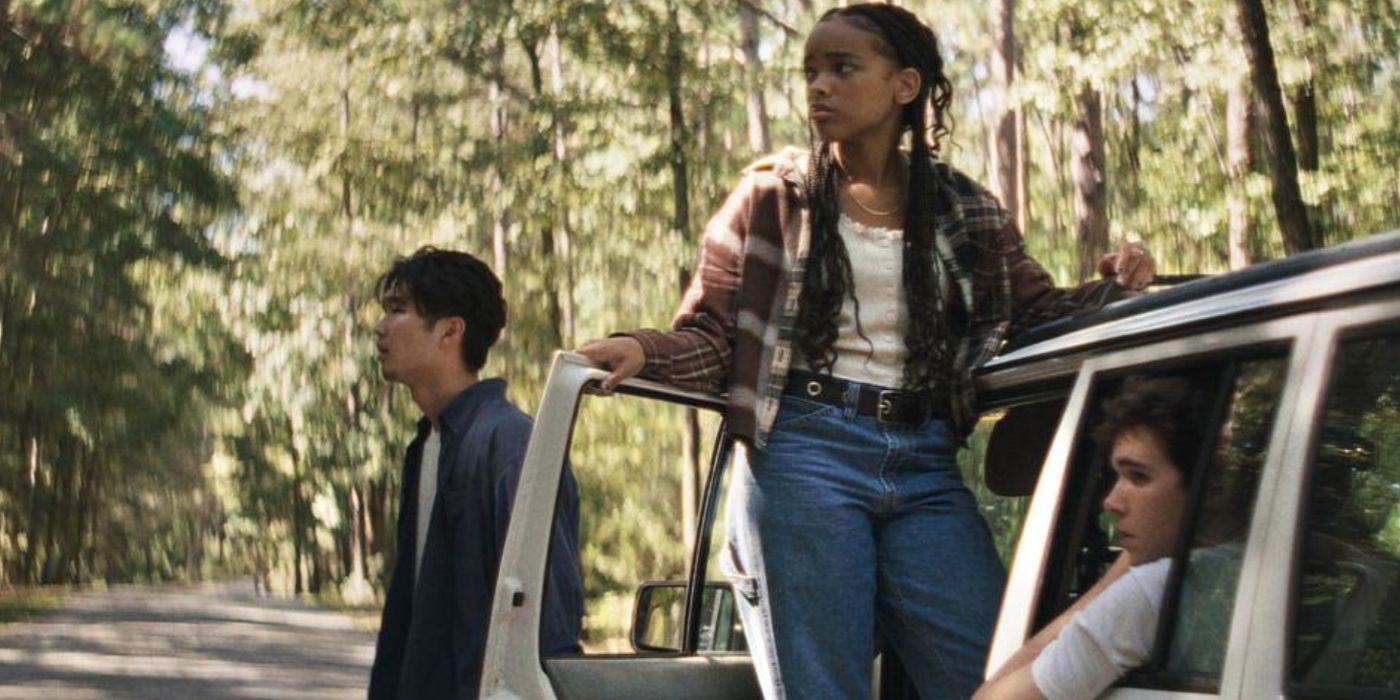
image via SXSW
Did you sleep at all, or did you drink hard to go to sleep?
ALEXANDER ULLOM: That was my first time ever screening anything in front of an audience.
I had no clue how it was going to go.
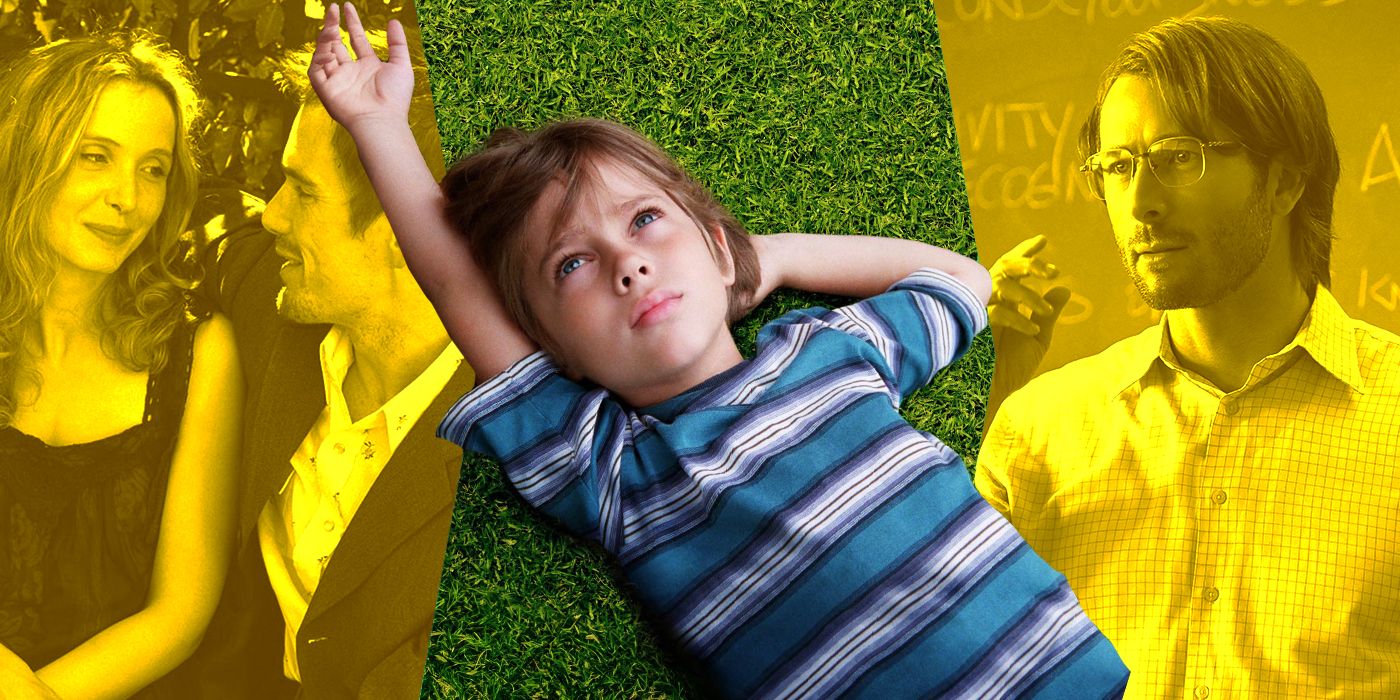
I was just winging it.
I think it went alright.
I did not sleep, couldn’t keep food down, but it was light work.
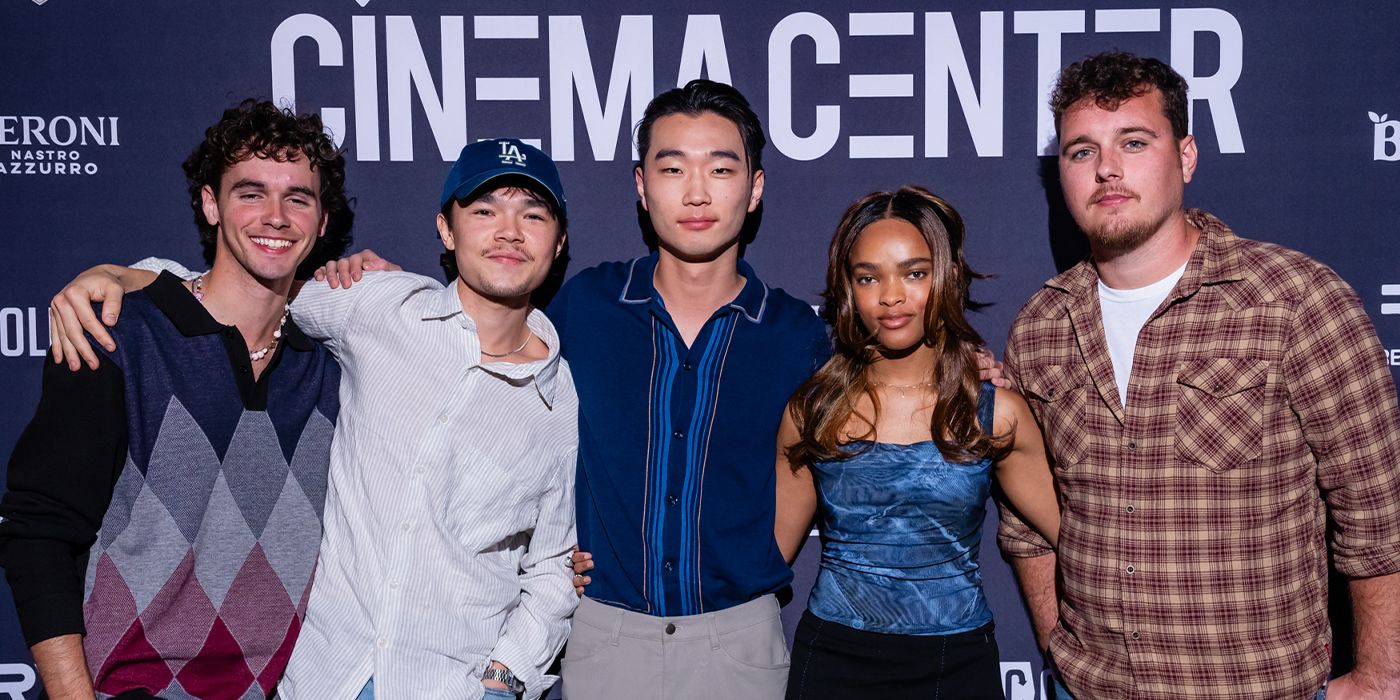
Image by Photagonist
It was pretty easy.
I don’t want to get into specifics, but that’s all I’ll say.
The genre that you guys are doing allows for more experimentation.
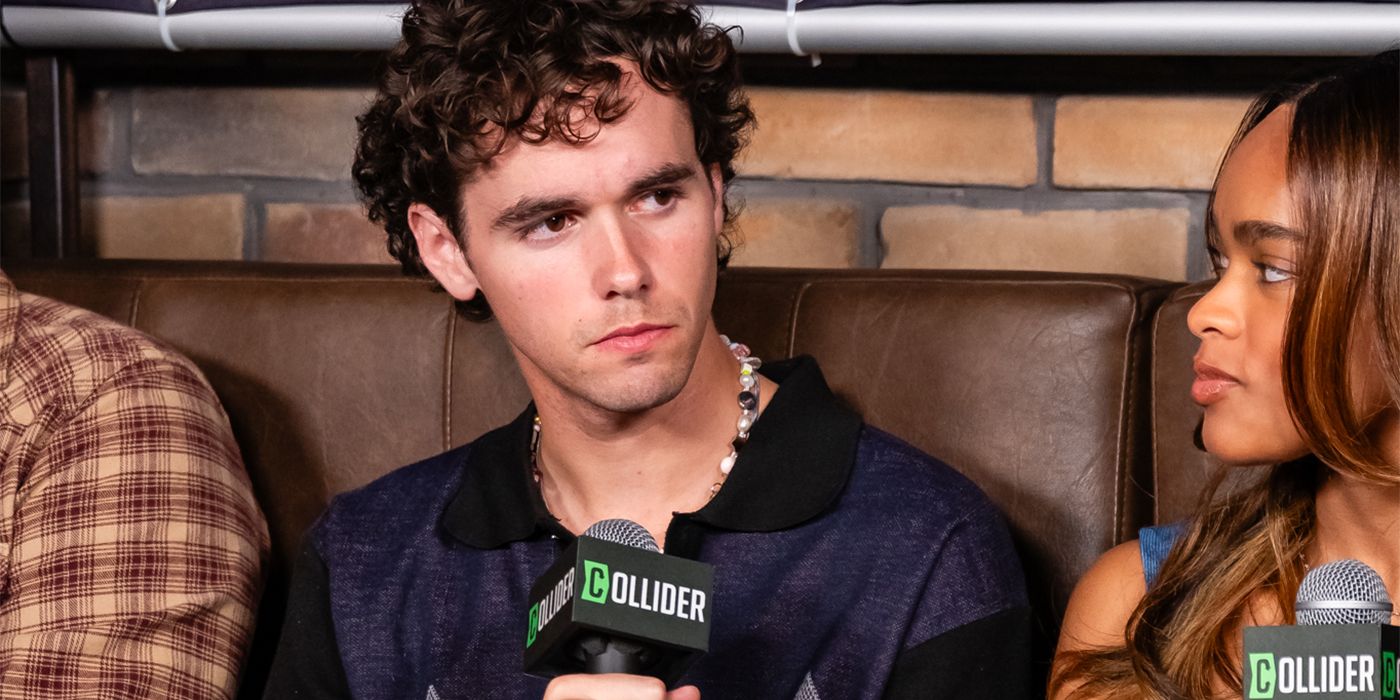
Image by Photagonist
It’s not a conventional formula movie.
it’s possible for you to just do whatever you want.
you’re able to just play with the genre.

Everyone watching right now will not have seen the movie.
How have you been describing it to friends and family?
AKIRA JACKSON: Comedy-horror hangout!
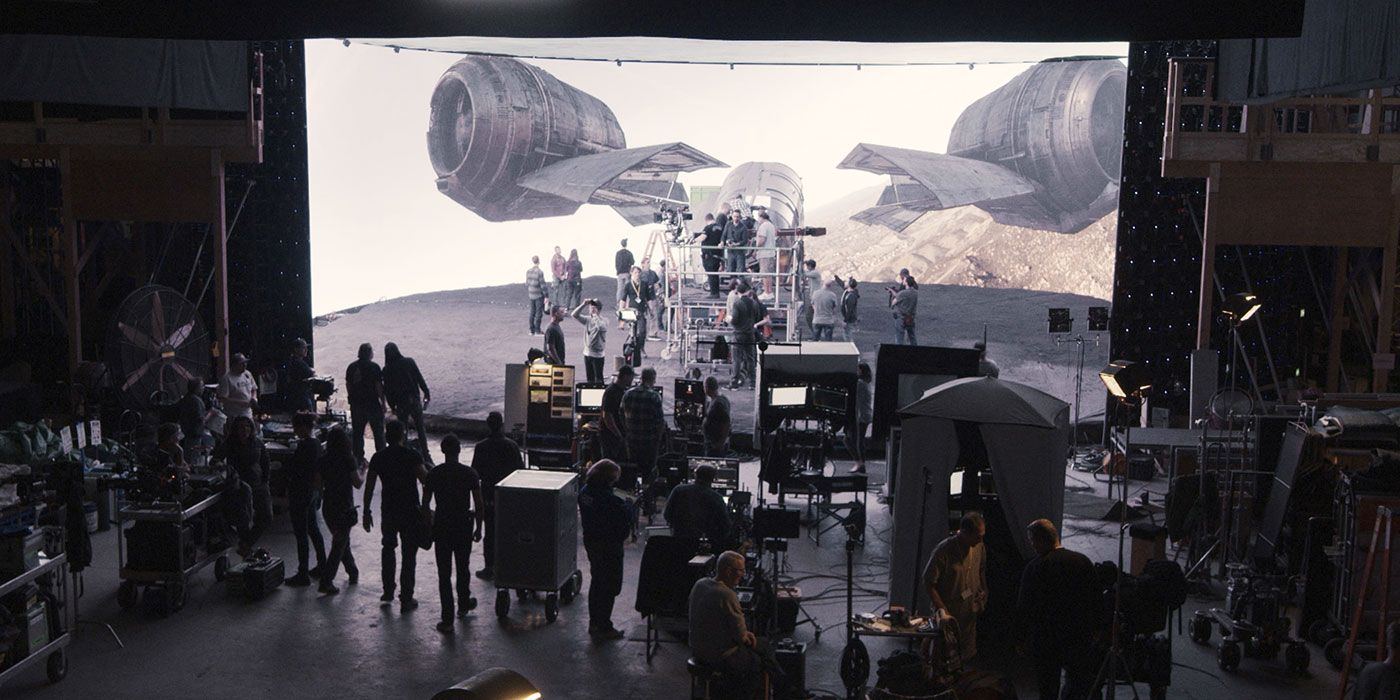
I don’t wanna spoil anything.
JACKSON: Were four kids.
You got to keep them guessing, you know?
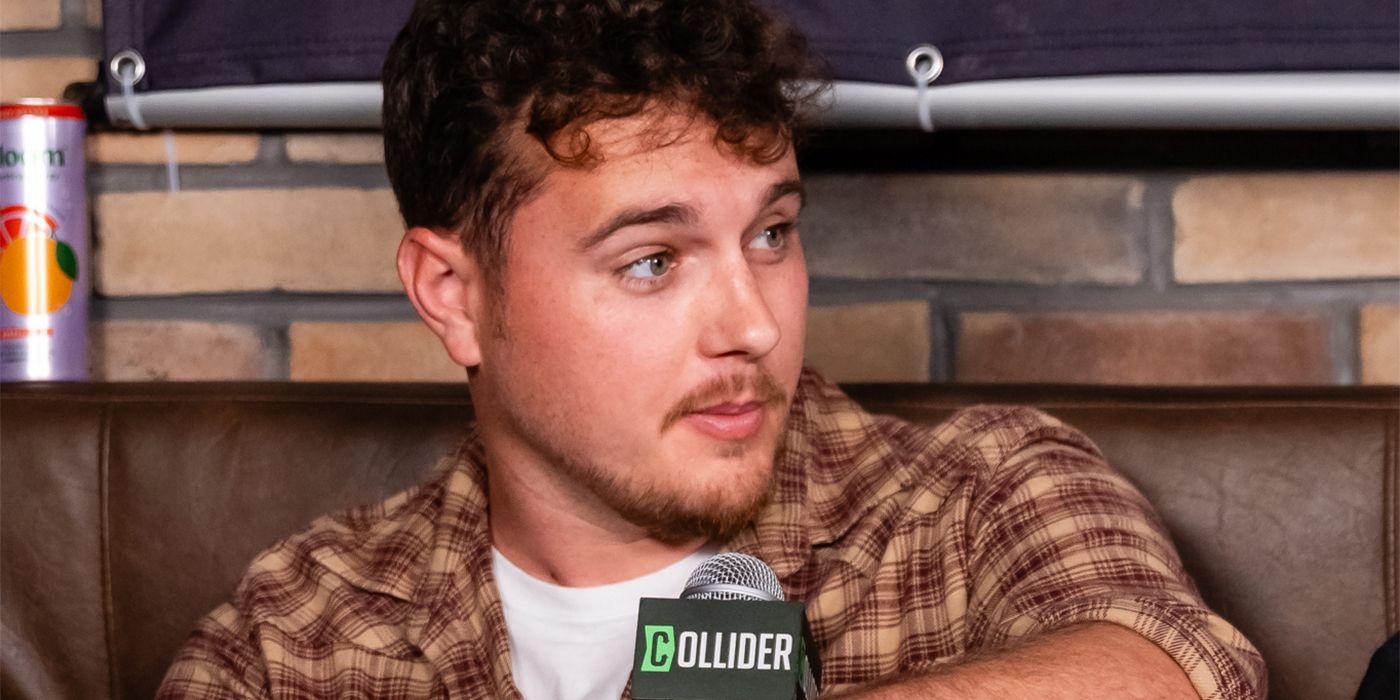
Image by Photagonist
ULLOM: Yeah, four children come to terms with meaninglessness.
JACKSON: Children is crazy.
“Baby, you are gonna miss that plane.”
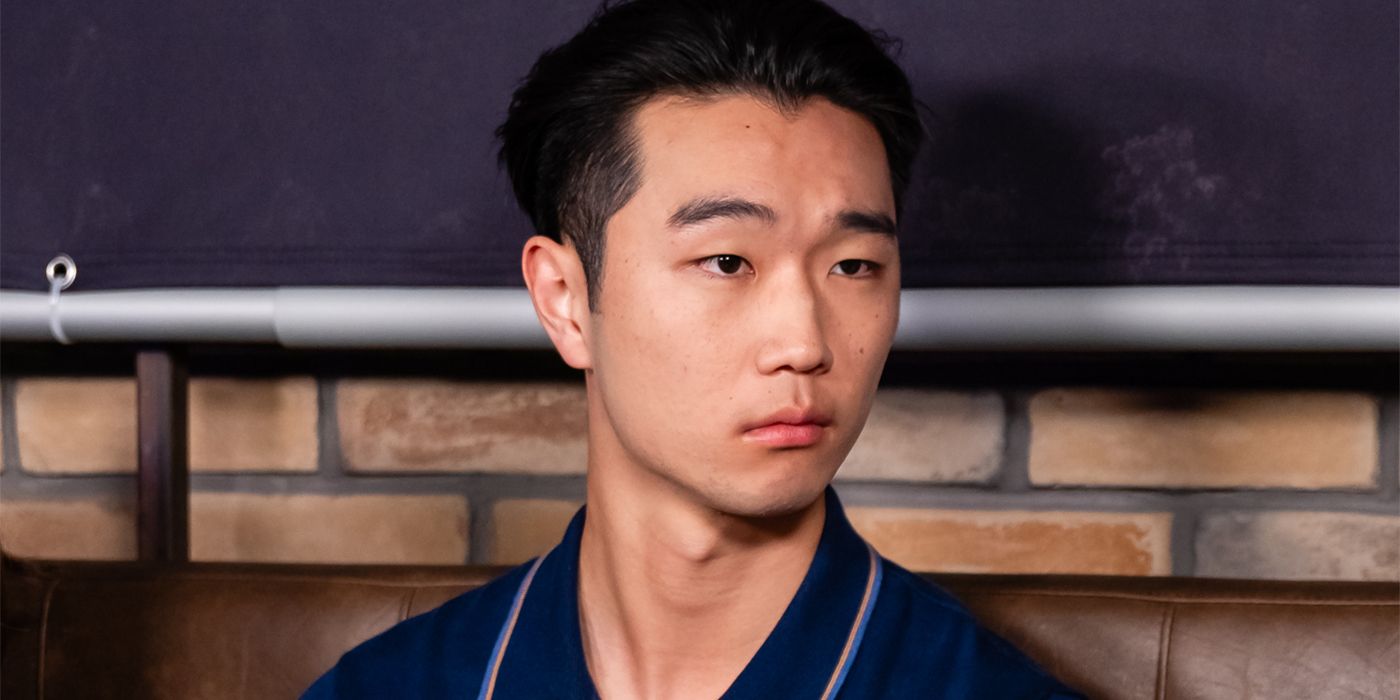
Image by Photagonist
I read that you did casting a little bit on Instagram.
ULLOM: Yeah, we all met through very lucky circumstances.
TOTH: The common denominator was Instagram.
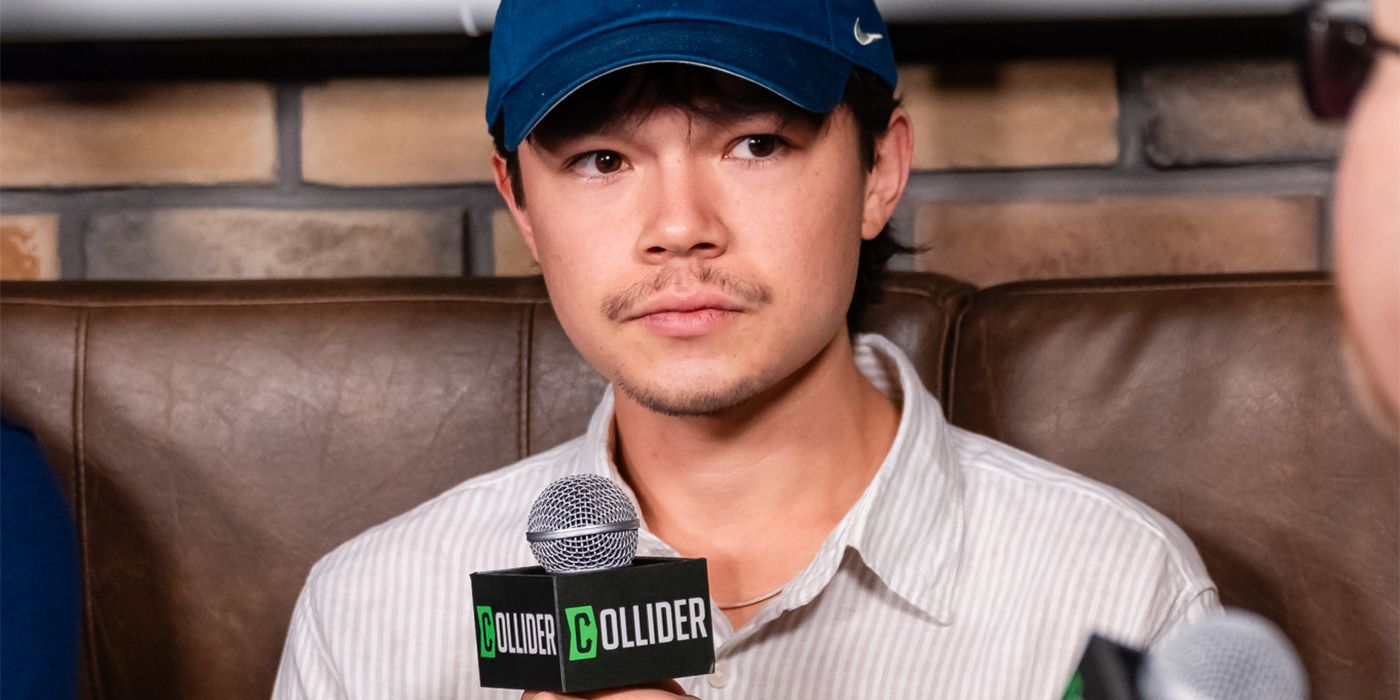
Image by Photagonist
We were all reached out to through Instagram.
There was word of mouth and kind of loose connections.
We all had mutual friends and stuff like that.
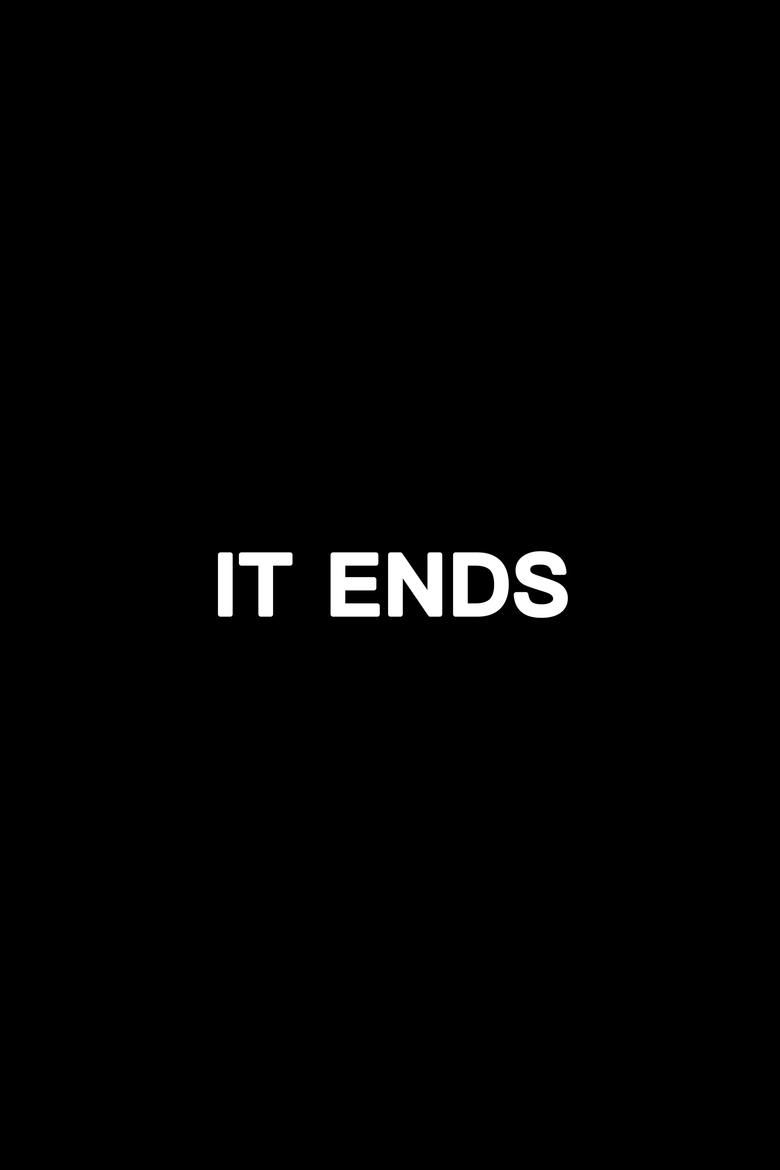
JACKSON: I believe so.
There’s so much undiscovered talent, especially because social media is so prevalent nowadays.
Especially at the beginning of your career.

Who Are the Characters of ‘It Ends’?
The cast share who they play in the movie and their love-hate relationships with them.
For all four of you, you all play such different people in this movie.

You’re four completely different characters.
What do you want to say about each of your characters?
What did you love about them?

What did you hate about them?
JACKSON: For me, Day is a very complex girl.
That’s where we relate the most.
But she’s a cool girl.
She loves her friends.
MITCHELL COLE: Tyler’s a badass.
I don’t hate anything about him.
I like to think I would probably want to do everything he does on the road.
I’m not that badass in real life, though, so I probably wouldn’t.
PHINEHAS YOON: It’s not true.
He’s being modest.
COLE: I love that character.
Alex wrote a really good character with Tyler.
I know a lot of people like Tyler back where I’m from.
TOTH: For sure.
It was really cool getting to know Fisher as a character.
I think all of us can say that none of us have worked on anything harder than this project.
I’ve never worked on anything harder in my life, personally.
Fisher, for me, represents acceptance.
That’s where Fisher was coming from.
I hope there’s an arc that people see there.
YOON: I love how you put that.
JACKSON: Very much.
I don’t know anybody who says that, and explains his future in that way.
We added different parts of ourselves into them, which I thought was really cool.
YOON: The characters are so fleshed out in that way just because they’re so honest.
With James, I loved him, and I hated him.
Should we explain less?
What were those conversations like?
I got to try whatever I wanted and fail on my own.
It’s a lot more about what it actually feels like to be there.
But also note I love demon movies.
Even some of the studio horror movies, sometimes there’s so much fucking exposition that is unnecessary.
It’s just it’s not needed.
But a lot of studio notes are like, Oh, we need to explain that.
TOTH: I feel like this movie can make an audience feel empowered in that way.
They don’t need to be spoon-fed everything.
One of the things I read is that you shot this in two 20-day shoots.
TOTH: That’s all production.
JACKSON: Shoutout Carrie [Carusone] and Evan [Barber].
ULLOM: And the guy that gave us the plasma cutter.
Shoutout to that guy, too.
What is that like when someone tells you the Jeep is not going to fit through the door?
ULLOM: It’s like, Yeah, we’re done.
We’re not going to pull it off.
We shot this, actually, three times.
I’m very lucky in a wayessentially, all of us got to come of age with this movie.
But also, I got to go back, and my voice got to evolve.
It was just literally film school, this movie.
It was just film school for me.
You shot it three times.
Is anything from the first shoot still in this movie?
ULLOM: I think about 20% or something.
There are a couple of scenes in there.
It was a much slower original movie.
After the first 20 minutes, it used to drop off a lot.
But a couple of scenes are in there.
What exactly is this new technology?
The exterior stuff they did in the woods, was that a few days?
How long was that part of the shoot?
Was most of it in the Volume studio?
ULLOM: It’s split pretty evenly.
YOON: 50/50, I would say.
It would just be this long stretch with forest on both sides.
We would just be hanging out, and we’d be in the trenches.
It had, like, muscles on it.
I’ve never seen a spider that had muscles on it.
That’s a big N-O.
That’s when I quit the movie and run.
TOTH: Not to mention the ticks.
COLE: Insects aside, it was just hot as hell.
So, I’m wearing a fleece jacket in the movie.
ULLOM: All the sweat you see in the movie is real.
YOON: It’s like being in the trenches on set.
It was so insane because its so unpredictable.
JACKSON: Kicking the car!
ULLOM: We had to simulate the shaking of the car.
YOON: He’d be out there for, like, 10 or 20 minutes at a time.
People don’t really understand how glamorous moviemaking is.
JACKSON: It’s a very unique process.
It just immerses you.
ULLOM: It actually speaks to all of their talent as essentially first-time feature actors.
YOON: Through this production, I got introduced to…
They asked us what snacks we wanted, and what did you say?
JACKSON: Oatmeal creme pies.
YOON: Oatmeal creme pies!
I’m like, What’s an oatmeal cream pie?
And she goes, This is an oatmeal cream pie.
I ended up having, like, three of them or something.
JACKSON: Alex was like, You literally can’t do that.
it’s possible for you to’t have that many oatmeal creme pies.
ULLOM: I’m pretty sure the FDA says, like, three a day.
JACKSON: He was scaring me!
I’m literally 19, I want a freaking cookie.
By the way, it’s not three a day.
It’s three for your life.
YOON: I had, like, five one day.
JACKSON: I don’t do caffeine, and they’re chugging Celsius day in and day out.
ULLOM: Oh, yeah.
Celsius got us through the set as well.
JACKSON: I was like, “I can eat a little oatmeal creme pie.”
I didnt know if I was outside, if I was insideit all just sort of blended together.
I’ve never done drugs, but I feel like that was the closest.
How did you pull it off?
Volume tech, a lot of people want to use it, and it’s expensive.
The best part is you might do blue hour for, like, a full day.
There are full scenes that are in blue hour.
We just got really lucky that they let us use that.
You should explain what blue hour is.
Its just like free, good cinematography.
JACKSON: Shoutout to the crew and all the gaffers.
Shoutout to Chris Violet.
Production was a long process.
He was able to perfectly match every time we went back.
ULLOM: He taught himself Python to program the lights that would pass by the car.
Thank you, Chris.
I’m always curious about editing because it’s where it all comes together.
How did this film ultimately get shaped in the editing room in ways you didn’t expect?
Okay, this ain’t running.
And then just cutting it down, fixing the pacing.
I edited it because I had to.
I just got to grow up and, luckily, shape it over two years.
I got to edit over two years.
TOTH: How many times did you watch it?
I would say he watched it 1,000 times.
ULLOM: Yeah, that’s a good number.
ULLOM: Shoutout to all my friends who watched, like, a three-hour cut.
I’m so sorry.
Now that you brought up an assembly that was three hours.
Was there a lot of stuff that was ultimately cut out?
Was it all conversational stuff?
ULLOM: There is a three-hour hangout version of this movie.
JACKSON: The directors cut is going to go insane.
JACKSON: Do you know the Russian brick video?
I think I do.
We shouldnt have been on the internet.
TOTH: And what it does to this generation.
That’s a part of growing up is you see something fucked up on the internet.
JACKSON: It shapes your entire personality and your brain chemistry.
TOTH: Everybody can remember one that changes your perspective.
Well, I’m older so it’s a magazine of some sort.
When I was a kid, the internet was not what you guys are experiencing.
It was print mediathese things that killed the trees.
YOON: So, is that like a PDF?
[Laughs]
It’s like a tree version of the PDF.
I could keep going with the horror stories of my childhood.
You’d be alarmed.
ULLOM: That’s what the movie’s about.
JACKSON: Using paper and pencils.
ULLOM: This movie’s for all generations, by the way.
Your Rating
Your comment has not been saved